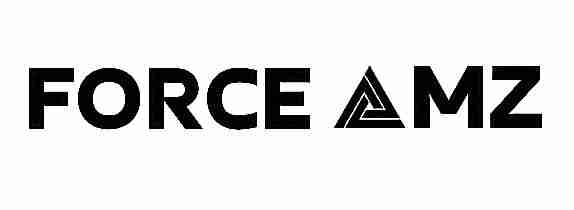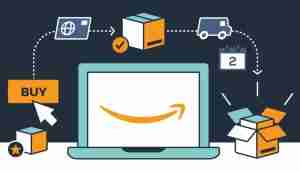
Amazon FBA, or Fulfillment by Amazon, has emerged as a game-changer for entrepreneurs looking to establish and grow their e-commerce ventures. This innovative service offered by the e-commerce giant allows sellers to store their products in Amazon’s fulfillment centers, from where the company handles packing, shipping, and customer service. Let’s delve deeper into the world of Amazon FBA and explore how it’s reshaping the landscape of online retail.

Understanding Amazon FBA
What is FBA?
Amazon FBA enables sellers to leverage the company’s vast infrastructure and resources to fulfill orders seamlessly. Instead of managing inventory and logistics independently, sellers send their products to Amazon’s fulfillment centers, where they are stored until a customer places an order.
How does FBA work?
When a customer purchases a product, Amazon picks, packs, and ships the item on behalf of the seller. Additionally, FBA offers benefits such as Prime eligibility, which grants access to Amazon’s loyal Prime members and their preference for fast shipping.
Advantages of Amazon FBA
Convenience and scalability
FBA relieves sellers of the burden of handling logistics, allowing them to focus on growing their business. Moreover, FBA offers scalability, enabling sellers to easily expand their product offerings and reach new markets.
Prime eligibility
By utilizing FBA, sellers’ products become eligible for Amazon Prime, offering customers expedited shipping and boosting sales potential.
Customer service
Amazon’s renowned customer service extends to FBA orders, ensuring that customers receive timely assistance and support throughout their shopping experience.
Fulfillment infrastructure
Amazon’s extensive fulfillment network ensures efficient and reliable order processing, reducing delivery times and enhancing customer satisfaction.
Getting Started with Amazon FBA
Account setup
To begin selling on Amazon FBA, sellers need to create an account and enroll in the FBA program. This involves providing basic information about their business and setting up payment and shipping preferences.
Product selection
Choosing the right products to sell is crucial for success on Amazon FBA. Sellers should conduct market research, assess demand and competition, and select products with high-profit potential.
Shipping and labeling
Once products are selected, sellers ship them to Amazon’s fulfillment centers, where they undergo inspection and labeling. Amazon then takes over the storage and shipping process, leaving sellers free to focus on other aspects of their business.
Optimizing Your Amazon FBA Business
Product listings optimization
Optimizing product listings with relevant keywords, high-quality images, and compelling descriptions is essential for attracting customers and improving search rankings.
Pricing strategy
Sellers should develop a competitive pricing strategy that balances profitability with market demand and competition.
Marketing and advertising
Utilizing Amazon’s advertising tools, such as sponsored product ads and enhanced brand content, can help sellers increase visibility and drive sales.
Overcoming Challenges
Competition
The competitive nature of the Amazon marketplace requires sellers to differentiate their products and offer unique value propositions to stand out.
Inventory management
Effective inventory management is critical to avoiding stock outs and excess inventory, which can impact sales and profitability.
Seller fees
While FBA offers convenience, sellers should be mindful of associated fees, including storage, fulfillment, and referral fees, when calculating profitability.
Success Stories
Numerous entrepreneurs have found success with Amazon FBA, achieving significant revenue growth and expanding their businesses globally. These success stories serve as inspiration for aspiring sellers looking to embark on their own FBA journey.
Conclusion
Amazon FBA presents unparalleled opportunities for entrepreneurs to build and scale their e-commerce businesses. By leveraging Amazon’s infrastructure and resources, sellers can streamline operations, reach a broader audience, and achieve greater success in the competitive world of online retail.
FAQs
- What types of products are suitable for selling on Amazon FBA?
- How much does it cost to use Amazon FBA?
- Can I use Amazon FBA if I’m based outside of the United States?
- How long does it take for Amazon to process and ship FBA orders?
- What are some common pitfalls to avoid when selling on Amazon FBA?